(Last updated October 14, 2025)

Every pharmaceutical leader understands the pressure of execution. Strategies are carefully developed, processes are refined, and performance goals are clearly defined. Yet despite this structure, results often fall short.
In an industry where every conversation can impact a patient’s outcome, execution means more than just meeting sales targets. It’s ensuring that every message is delivered with accuracy, empathy, and purpose — so the right decisions can be made for patients.
The challenge isn’t usually knowledge or intent — it’s behavior. Sales managers and their teams know what needs to be done, but consistently following through is harder to sustain. In environments driven by metrics and compliance, people can easily slip into doing their jobs by routine rather than by purpose.
This is where many organizations lose momentum. They invest heavily in systems and training but overlook one critical factor: how leaders influence daily behavior.
A strong coaching culture transforms execution from a mechanical process into a living practice—one where accountability, growth, and engagement work in tandem. It’s not just about doing the job right, but also about helping people understand why their work matters and how they can continually improve every day.
Why Execution Often Fails in Pharma Sales
Pharmaceutical leaders spend significant time building processes, refining KPIs, and tracking field performance. Yet even with these systems, results can plateau. The challenge lies not in structure but in behavior.
When managers prioritize reports over relationships, they inadvertently send a message: compliance matters more than commitment. Teams begin to “do” their tasks, rather than owning them. This breeds short-term activity but rarely long-term performance.
Research from Harvard Business Review shows that organizations where managers act as coaches see higher engagement, retention, and initiative. When coaching becomes a leadership habit, team accountability strengthens — not because people are monitored, but because they feel trusted to deliver.
That’s why execution must evolve from a checklist mindset into a living, breathing coaching culture that empowers rather than audits.
What Defines a True Coaching Culture
A coaching culture is more than a series of training sessions or performance check-ins. It’s a work environment where coaching is continuous — not corrective.
Feedback is welcomed, not feared.
In a command-and-control culture, managers issue orders and monitor adherence to them. In a coaching culture, they build relationships rooted in communication and development.
Leaders become partners in growth, not gatekeepers of results.
When this kind of culture takes hold, conversations change. Managers stop focusing on what went wrong and start asking what can be learned. Team members feel safe sharing challenges early on, rather than hiding mistakes.
Performance discussions turn into problem-solving sessions where ideas flow freely and ownership grows naturally.
In pharmaceutical sales, this approach creates teams that are more adaptable and confident in complex environments. Rather than simply meeting activity targets, they understand the impact of their work — how every conversation, call, and decision contributes to patient care and business outcomes.
A coaching culture doesn’t remove accountability; it strengthens it. Because when people are supported, trusted, and heard, they hold themselves to a higher standard. That’s the difference between compliance and commitment — and it’s what separates a good team from a great one.

Coaching Culture in Action: What Great Managers Do Differently
Managers who succeed in building a coaching culture understand that it starts with behavior, not systems.
They do three things consistently:
- Ask before telling. Great leaders use questions to create ownership — “What do you think worked best today?” or “What’s one thing you’d do differently next time?”
- Focus on behaviors, not just numbers. They discuss what drives performance, not just the result.
- Recognize effort as well as outcome. They celebrate learning and progress, reinforcing growth as a key component of success.
Gallup’s research on employee engagement found that individuals who have regular coaching conversations with their manager are more engaged and productive.
Leaders who utilize these coaching skills for managers tend to see more substantial commitment and fewer performance fluctuations.
Building Team Accountability Through Coaching
Accountability thrives when people feel supported, not scrutinized.
In a coaching culture, managers don’t dictate accountability — they develop it. They make expectations transparent, provide room for ownership, and establish systems that facilitate follow-through.
Leadership expert Patrick Lencioni, in The Five Dysfunctions of a Team, identifies trust as the foundation for genuine accountability. Without trust, feedback feels like criticism; with it, accountability becomes shared responsibility.
Some proven ways to strengthen team accountability include:
- Encouraging peer-to-peer feedback so teams learn from one another.
- Scheduling regular reflection sessions where individuals assess their own progress before managers do.
- Co-creating goals instead of assigning them top-down, fostering genuine commitment.
When accountability grows through trust, people follow up on their commitments because they want to — not because they have to. That’s what separates teams that maintain performance from those that merely report it.abits keep energy steady throughout the day, reducing the chance of burnout and helping reps perform consistently.
Developing Coaching Skills for Managers
A coaching culture doesn’t happen by chance. It develops when managers understand how to coach effectively — turning everyday interactions into opportunities for growth and accountability.
One of the most practical and widely used frameworks for developing these abilities is the GROW model, created by coaching pioneer Sir John Whitmore. The model gives structure to coaching conversations through four stages:
- Goal: Start by clarifying what the team member wants to achieve. Clear goals create direction and motivation.
- Reality: Explore the current situation openly. What’s happening right now? What’s working, and what isn’t? This step builds awareness and honesty.
- Options: Help the individual identify different ways forward. Instead of giving answers, great managers ask, “What could you try next?” or “What other approaches might work?”
- Way Forward: Agree on specific next steps and ensure accountability. Follow up regularly to reinforce progress and confidence.
The GROW model is effective because it strikes a balance between structure and flexibility. It helps managers focus on listening, questioning, and guiding — the essential coaching skills that strengthen trust and autonomy.
When this approach becomes part of a team’s daily rhythm, coaching stops feeling like an event and becomes a habit. Every conversation reinforces clarity, confidence, and consistent performance.

Compliance to Commitment
A coaching culture transforms execution into something people choose, rather than something they’re told to do. When leaders coach with consistency and care, teams take ownership of their results and support one another to improve.
Managers who lead this way build teams that think critically, solve problems proactively, and remain focused even under pressure. They create an environment where accountability feels shared — where everyone knows what success looks like and feels responsible for achieving it.
In pharmaceutical sales, this approach changes everything. Conversations become more meaningful, relationships with healthcare providers deepen, and teams recognize the impact of their work on patient outcomes.
Building this kind of culture takes time, but once it’s in place, it drives lasting performance. Because when people feel trusted, valued, and heard, they don’t just meet expectations — they raise them.
Ready to build a team that takes ownership — not just direction? Contact us to create a coaching culture where every manager knows how to coach, every team member feels accountable, and execution becomes second nature.



